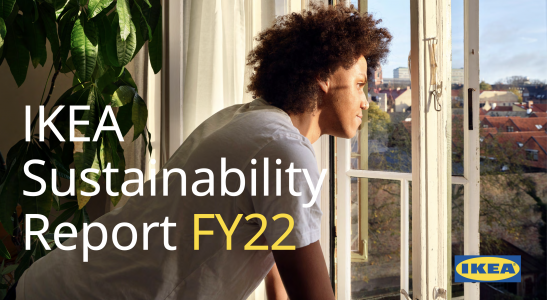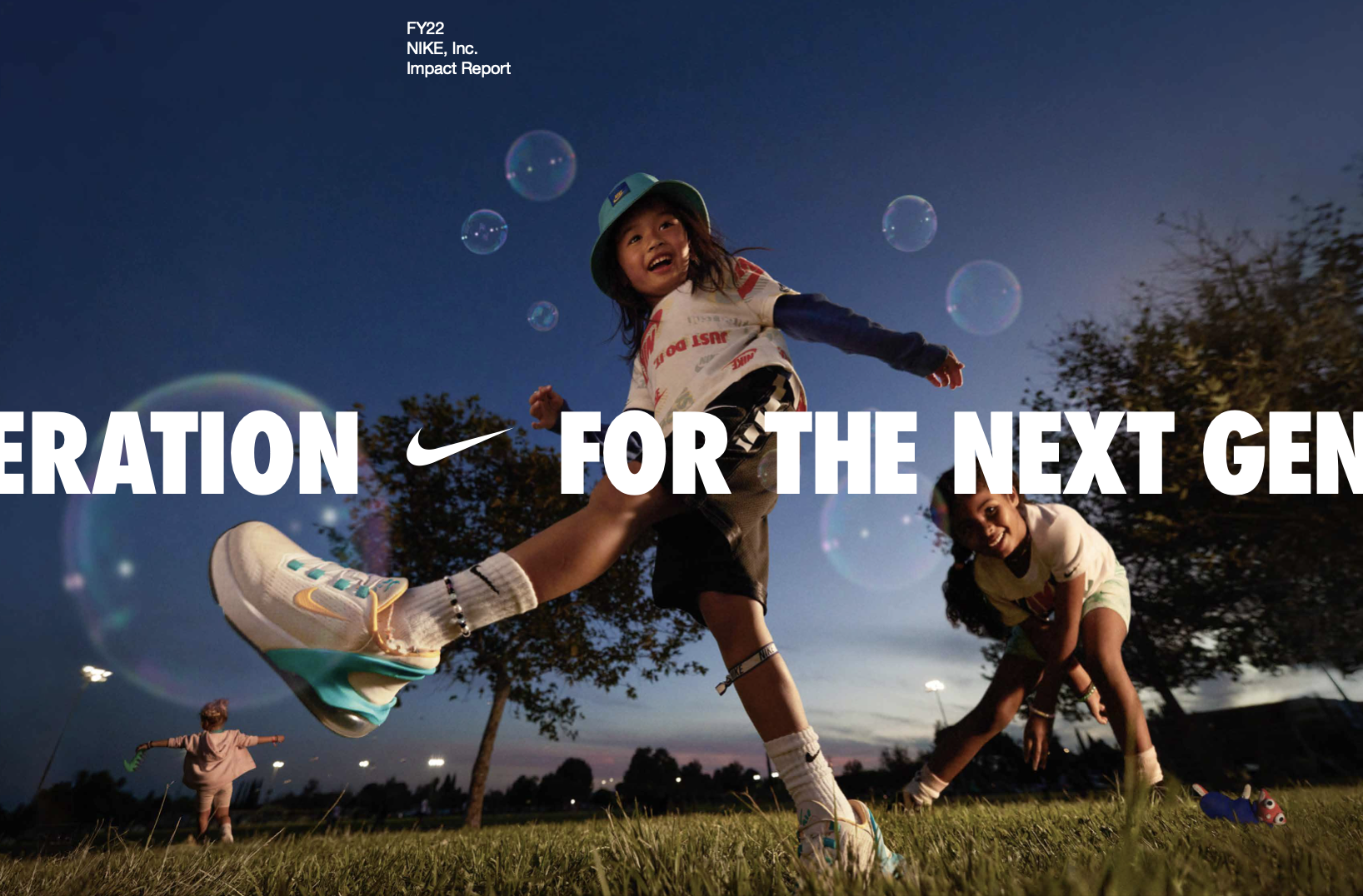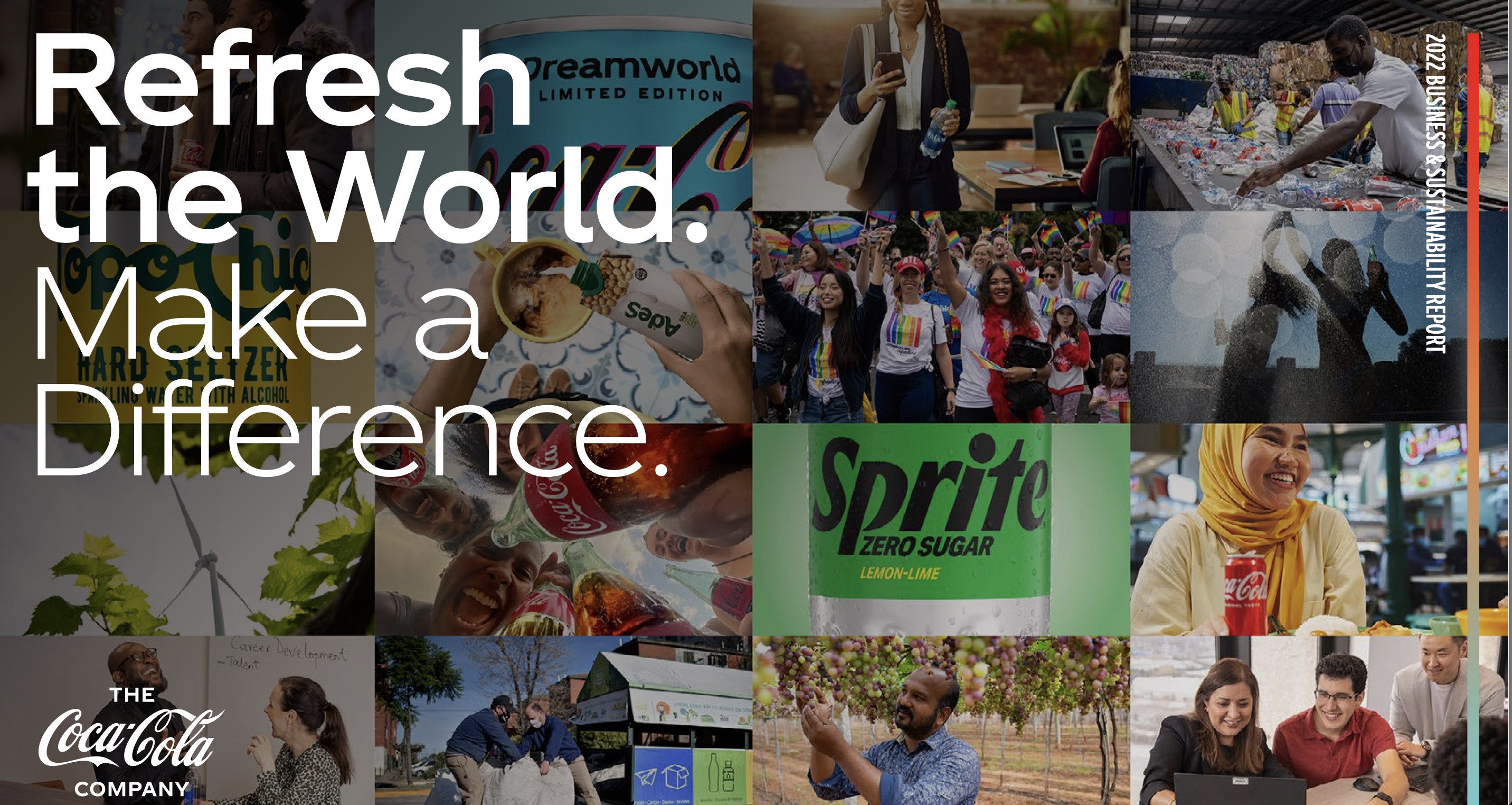Einzelhandel
Gucci
Impact Report
Gucci, the renowned luxury fashion brand, has been increasingly dedicated to sustainability within the fashion industry. Under the leadership of its Creative Director Alessandro Michele, Gucci has committed to reducing its environmental impact. The brand focuses on sustainable sourcing of materials, including ethical leather and organic cotton, and aims to eliminate hazardous chemicals from its supply chain. Gucci also emphasizes carbon neutrality, setting targets to reduce greenhouse gas emissions and promote circularity by investing in recycling initiatives and minimizing waste. Their efforts signal a significant shift towards more responsible and eco-conscious practices in the luxury fashion sector.
Kapten & Son GmbH
Impact-Report
Kapten & Son is a fashion brand known for its stylish accessories, particularly watches and backpacks. While their primary focus is on fashion, their impact on sustainability involves ethical production practices. They’ve aimed to increase transparency in their supply chain, ensuring fair working conditions for their workers and sourcing materials responsibly. Additionally, they’ve started integrating sustainable materials into their products and exploring ways to reduce their environmental footprint, aligning their fashion-forward approach with a growing emphasis on eco-consciousness.
Adidas
Annual Report
Adidas, ein weltweit führender Akteur in der Sportartikelbranche, ist für seine hochwertigen Sportschuhe, Bekleidung und Accessoires bekannt. Mit einem tiefen Engagement für Innovation und Nachhaltigkeit beeinflusst Adidas weiterhin die Sportkultur und den Lebensstil weltweit.
Nike
For the Next Generation
Nike, the global sportswear giant, has been progressively working on sustainability initiatives in its operations and product development. The company is committed to reducing its environmental impact by focusing on sustainable materials, such as recycled polyester and organic cotton, in their clothing and footwear lines. Nike has set ambitious goals to minimize waste and carbon emissions in its supply chain, aiming for carbon neutrality and zero waste. Additionally, they’ve launched programs like “Move to Zero,” emphasizing sustainable innovation and encouraging consumer awareness about sustainability in the apparel and footwear industry.
Coca-Cola
Refresh the World. Make a Difference.
We build loved brands that bring joy to our consumers’ lives with
beverage choices for all occasions, tastes and lifestyles. Our growth
strategy is grounded in our core values and commitment to social
and environmental responsibility.
H&M
Sustainability Disclosure 2022
Clear and transparent reporting is vital for creating accountability and monitoring our performance. We continue to integrate our financial and sustainability reporting while increasing levels of disclosure across a range
of channels, to meet the diverse needs of our different stakeholders and external reporting requirements. We’re committed to openly sharing our progress based on the best available data, and to improving our level of disclosure each year.
The Home Depot
ESG-Report
Home Depot, the largest home improvement retailer in the United States, offers a wide range of products and services for construction, renovation, and home maintenance. Known for its vast selection, expert advice, and commitment to customer service, Home Depot is a go-to destination for DIY enthusiasts and professionals alike.
IKEA
Sustainability Report
The past financial year has seen IKEA navigate numerous challenges on the journey towards 2030 commitments. Nonetheless, in these times, it is more important than ever to stay committed to our sustainability strategy – it’s critical for our business and an important part of fulfilling our vision.
| Unternehmen | Name des Berichts | Geschäftsjahr | URL |
|---|---|---|---|
Gucci | Impact Report | 2022 | Bericht anzeigen |
Kapten & Son GmbH | Impact-Report | 2022 | Bericht anzeigen |
Adidas | Annual Report | 2022 | Bericht anzeigen |
Nike | For the Next Generation | 2022 | Bericht anzeigen |
Coca-Cola | Refresh the World. Make a Difference. | 2022 | Bericht anzeigen |
H&M | Sustainability Disclosure 2022 | 2022 | Bericht anzeigen |
The Home Depot | ESG-Report | 2022 | Bericht anzeigen |
IKEA | Sustainability Report | 2022 | Bericht anzeigen |















